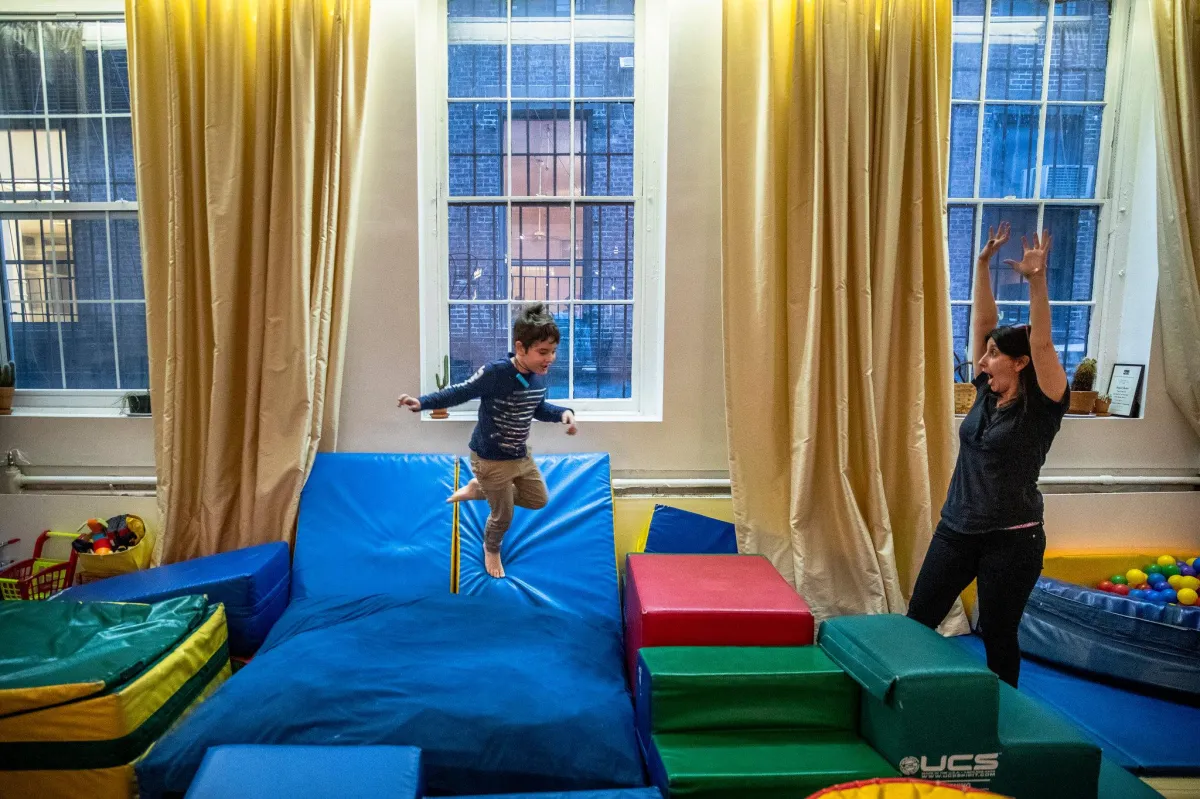Harmony in
Neurodiversity
THE BLOG
Welcome to Harmony in Neurodiversity, a blog dedicated to exploring the profound impact of music and positive parenting strategies on the lives of neurodivergent individuals. Join Samantha, a board-certified Neurologic Music Therapy fellow and a passionate Positive Discipline Parent Educator, as she shares her expertise in leveraging the power of music and effective parenting approaches to support and empower neurodiverse communities.
In her blog posts, Samantha delves into the intricate connections between music and the brain. She explores how specific musical elements and interventions can enhance cognitive functions, regulate emotions, improve communication, and promote social interaction among neurodivergent individuals. Through insightful articles and case studies, she demonstrates how rhythm, melody, and lyrics can serve as powerful tools for therapeutic interventions, fostering growth and self-expression.
Positive Discipline Parenting Strategies:
Drawing from her expertise as a Positive Discipline Parent Educator, Samantha sheds light on nurturing positive relationships between parents and neurodivergent children. Her blog offers practical advice, evidence-based strategies, and real-life anecdotes that empower parents and caregivers to cultivate respectful, encouraging, and effective parenting techniques. From setting clear boundaries to fostering a supportive environment, Samantha guides readers in navigating the challenges and joys of parenting neurodiverse children.
Exploring Intersectionality:
Samantha doesn't limit her discussions to singular approaches. Instead, she delves into the intersectionality of Neurologic Music Therapy and Positive Discipline Parenting, illustrating how these methodologies complement each other. Through her insightful content, she showcases how the harmonious integration of music-based interventions and positive parenting strategies can create holistic support systems for neurodivergent individuals, promoting their well-being and personal growth.
Community Engagement and Resources:
Additionally, Samantha fosters a vibrant online community where readers can engage, share experiences, and seek advice. She curates a wealth of resources, including recommended readings, workshops, and practical tools, empowering her audience to implement valuable insights into their lives effectively.

What Neurodivergent Families Really Need When Finding a Home
When raising a child with autism, ADHD, or another neurodivergent diagnosis, looking and buying a home isn’t just about square footage or amenities. If your kids are anything like mine, they don’t like change or you look at one house and they’re already picking out their room. They are deeply disappointed when you don’t move in.
It can all be very overwhelming.
With the right support, it doesn’t have to be.
In a recent episode of the Every Brain is Different podcast, Carissa Beaman, a real estate agent, parent, and advocate, shared how her own lived experience inspired a new approach to home buying: one grounded in patience, advocacy, and community.
Start With Patience
“The emotional side of moving is real,” Carissa said. “Especially for neurodivergent families. Big feelings happen fast, and it’s easy to feel rushed by outside timelines or other people’s expectations.”
Instead, she encourages families to slow down and allow themselves time to make thoughtful, informed decisions. Whether it’s waiting for the right neighborhood, taking time to tour multiple options, or sitting with a choice before making a move, Carissa reminds us that honoring your family’s pace is not just okay, it’s necessary.
Embrace Advocacy (Even If You Didn’t Know You Needed It)
Carissa’s journey as a parent taught her that sometimes, the most important support systems are the ones you didn’t know existed. When her twice-exceptional daughter struggled socially and emotionally in school, she discovered Options and Advocacy of McHenry County, a local nonprofit offering advocacy services. That experience was so impactful that she now serves on the board, helping other families find the resources they deserve.
Her advice? Don’t wait until you’re in crisis. Reach out to local advocacy groups, ask questions, and let people walk alongside you. “We don’t know what we don’t know,” she said, “but there are people out there who do.”
Lean Into Community
Community matters. Not just in the form of neighbors who understand your child’s differences, but in finding professionals who truly “get it.” Carissa suggests connecting with a realtor who serves on their local DEI (Diversity, Equity, and Inclusion) committee, as they’re more likely to approach home buying with empathy, flexibility, and an inclusive mindset.
She also encourages families to engage with online groups and local Facebook communities to get recommendations, ask questions, and hear stories from others walking a similar path.
“Any house can be made into a home,” she said. “But it’s the community that can make or break the experience.”
To hear more strategies from Carissa check out episode 106 of the Every Brain is Different podcast.


